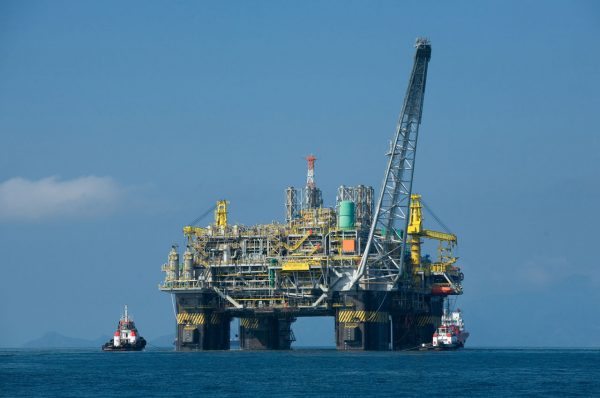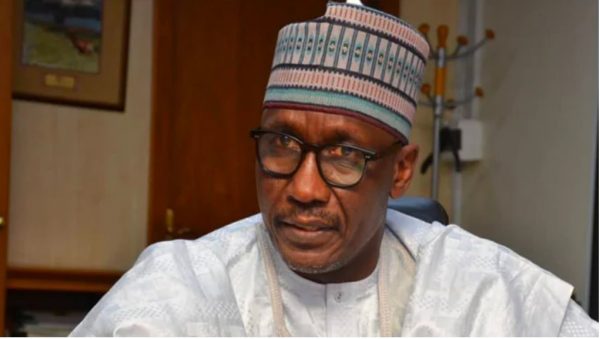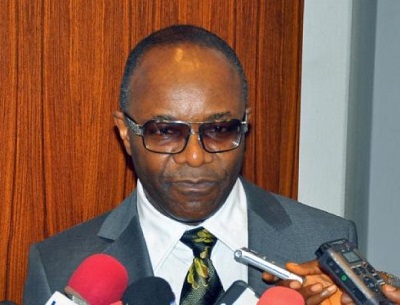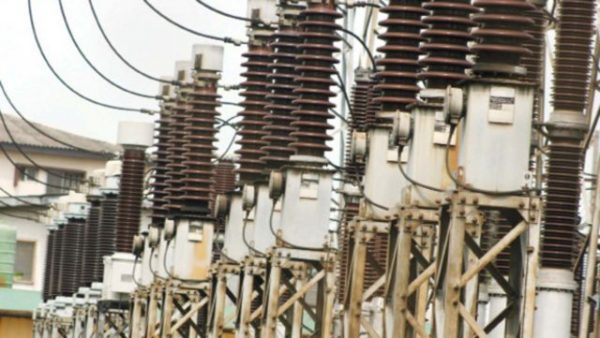Oil Slump: FG To Increase Non-Oil Income By 87%
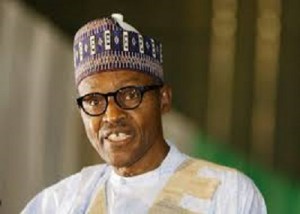
The Federal Government is expecting non-oil revenues to nearly double this year as it steps up plan to offset the slump in oil revenues, according to a presentation seen by Reuters on Monday.
President Muhammadu Buhari plans a record N6.06tn ($30.6bn) budget to stimulate the economy, which has been hammered by a fall in oil exports that had made up 70 per cent of state income.
Funding of the budget with an expected deficit of N2.2tn has been so far unclear.
Detailing its plans, the federal government expects to generate N3.38tn ($17bn) this year from non-oil sources, up 87 per cent from N1.81tn in 2015, the presentation showed.
Corporate income tax collection is expected to exceed the N700bn generated last year, while the government also aims to recover stolen Nigerian assets stashed abroad as part of efforts to crack down corruption, it said.
The biggest source of revenues this year will come from what the presentation called “independent revenue”, without providing further details.
Buhari is planning to squeeze informal small traders, who make up almost half of the Gross Domestic Product, this year to boost tax revenues by 33 per cent.
The Minister of Finance, Mrs. Kemi Adeosun, said Nigeria was considering the issue of Chinese Panda or Japanese Samurai bonds to help fund the budget.
The government also wants to switch its debt mix so that 40 per cent of loans would be from abroad, compared to 16 per cent now, the presentation showed. Loan repayments are expected to be stretched.
Buhari has asked the United States for help in returning stolen Nigerian assets stashed in the US banks. In March, the US said it had frozen more than $458m of funds that the late military ruler Sani Abacha had stolen.
Nigeria has recovered about $1.3bn of Abacha’s money from various European jurisdictions as of last year, with more than a third of that coming from Switzerland.
Abacha also held assets in France, Britain and British offshore centres such as Jersey. Nigeria has also held talks with China, the World Bank and other international institutions to get loans to fund its plans to roll out infrastructure projects.




